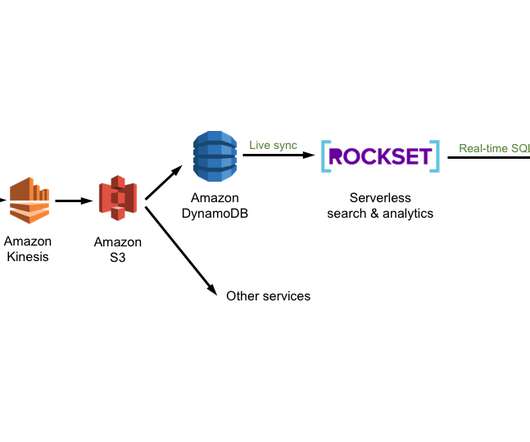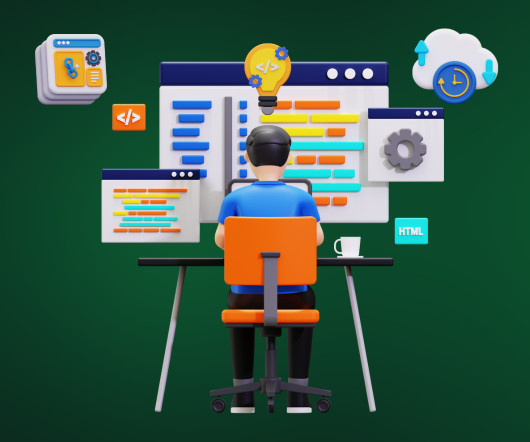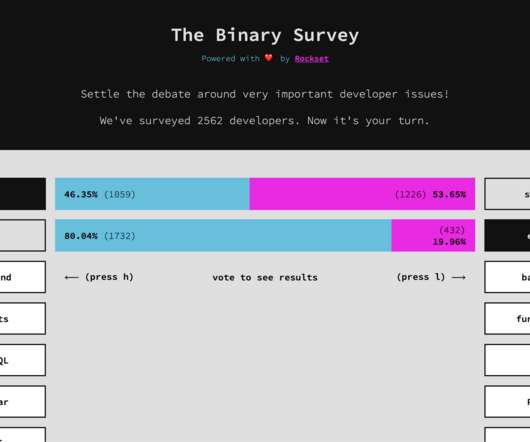Employing QUIC Protocol to Optimize Uber’s App Performance
Uber Engineering
MAY 14, 2019
Uber operates on a global scale across more than 600 cities, with our apps relying entirely on wireless connectivity from over 4,500 mobile carriers. To deliver the real-time performance expected from Uber’s users, our mobile apps require low-latency and highly … The post Employing QUIC Protocol to Optimize Uber’s App Performance appeared first on Uber Engineering Blog.







































Let's personalize your content